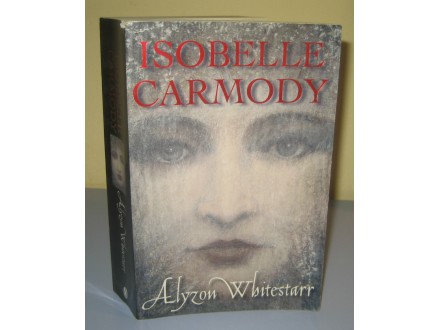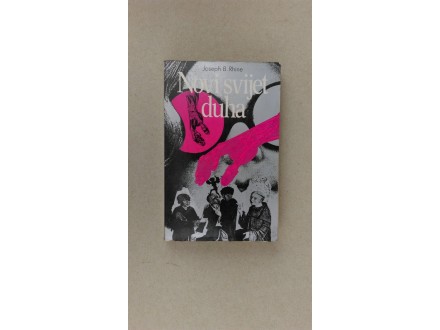Ponuda "Extrasensory Perception Sesto culo parapsihologija" je arhivirana
Novi svijet duha [parapsihologija] [NOVA]
1.800 din.
ALYZON WHITESTARR Isobelle Carmody
400 din.
The Secret Commonwealth of Elves, Fauns, and Fairies
1.400 din. 1.260 din.
Novi svijet duha [parapsihologija] [NOVA]
1.800 din.
ALYZON WHITESTARR Isobelle Carmody
400 din.
The Secret Commonwealth of Elves, Fauns, and Fairies
1.400 din. 1.260 din.
http://www.kupindo.com/Rss/pretraga.php?Pretraga=Extrasensory Perception&CeleReci=0
Ukoliko još niste koristili RSS, pročitajte više o tome na Kupindo blogu:
http://blog.limundograd.com/2012/08/rss-ili-kako-da-uvek-znas-sta-je-novo-u-ponudi/
![Novi svijet duha [parapsihologija] [NOVA]](http://static.kupindoslike.com/Novi-svijet-duha-parapsihologija-NOVA-_slika_L_166524917.jpg)






